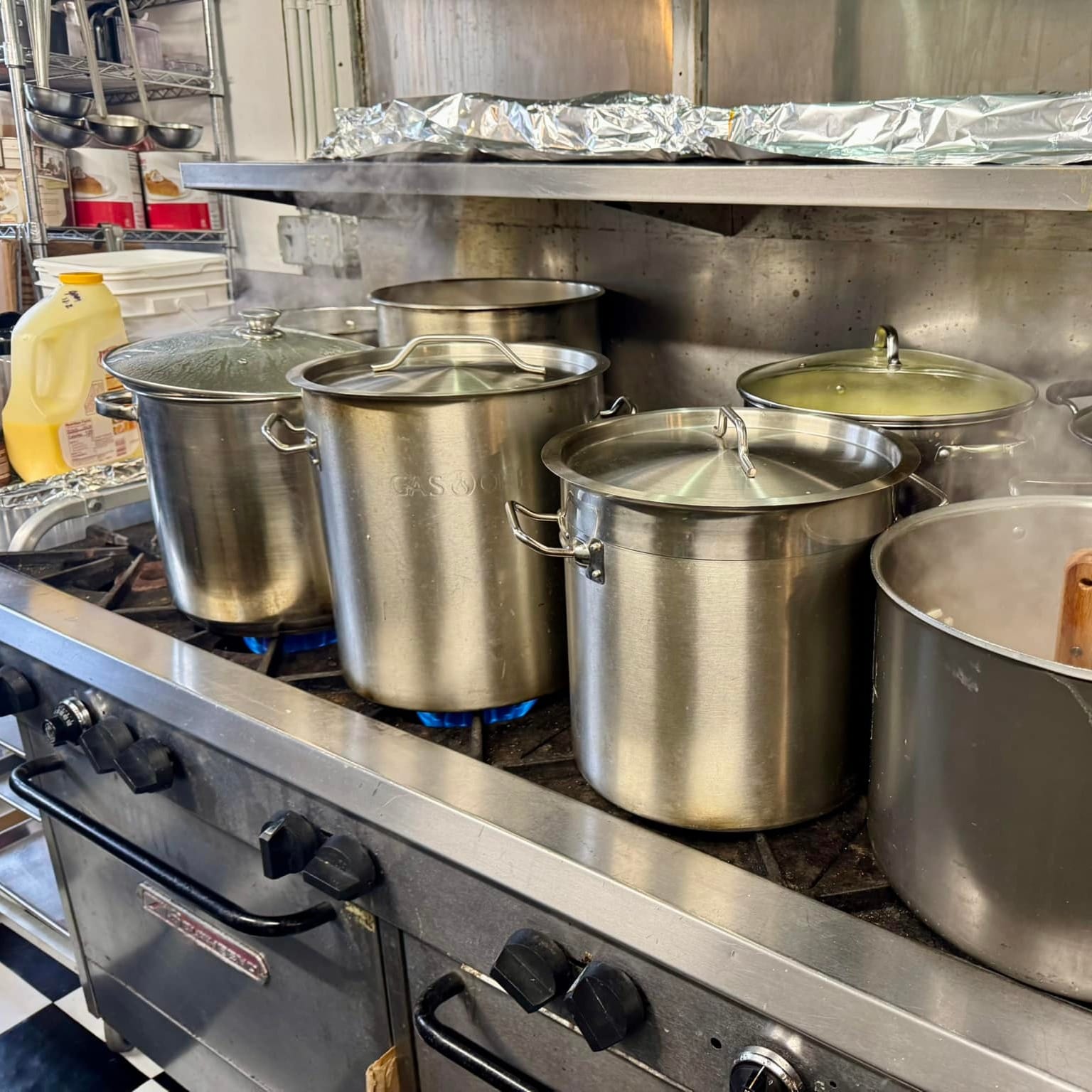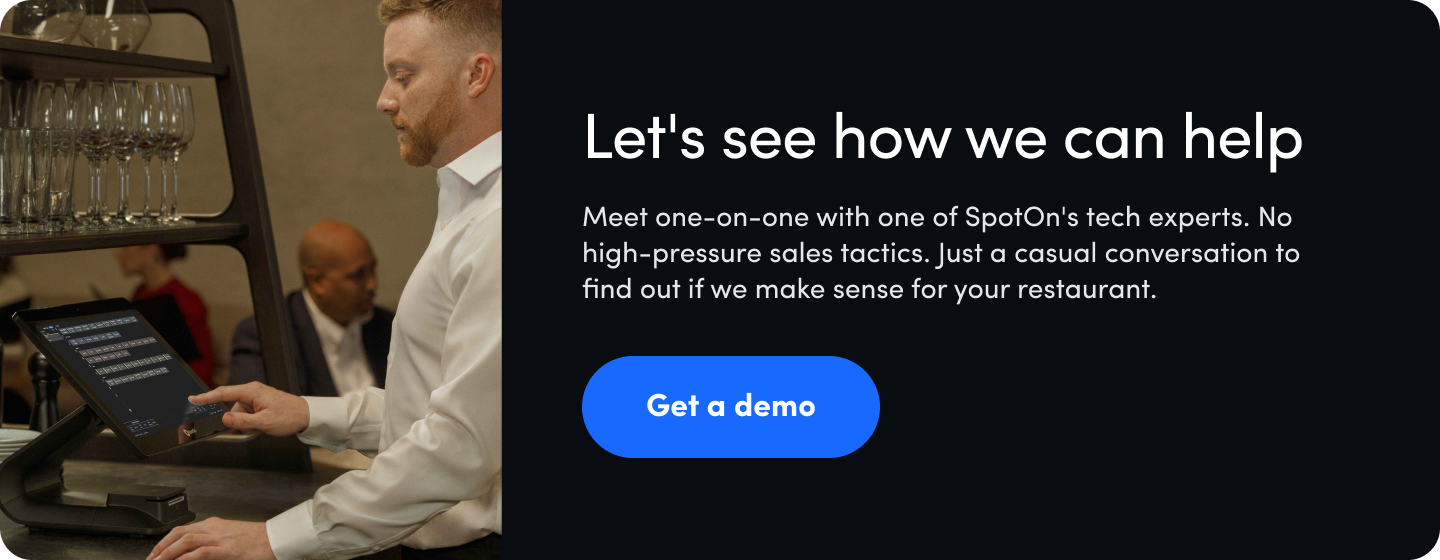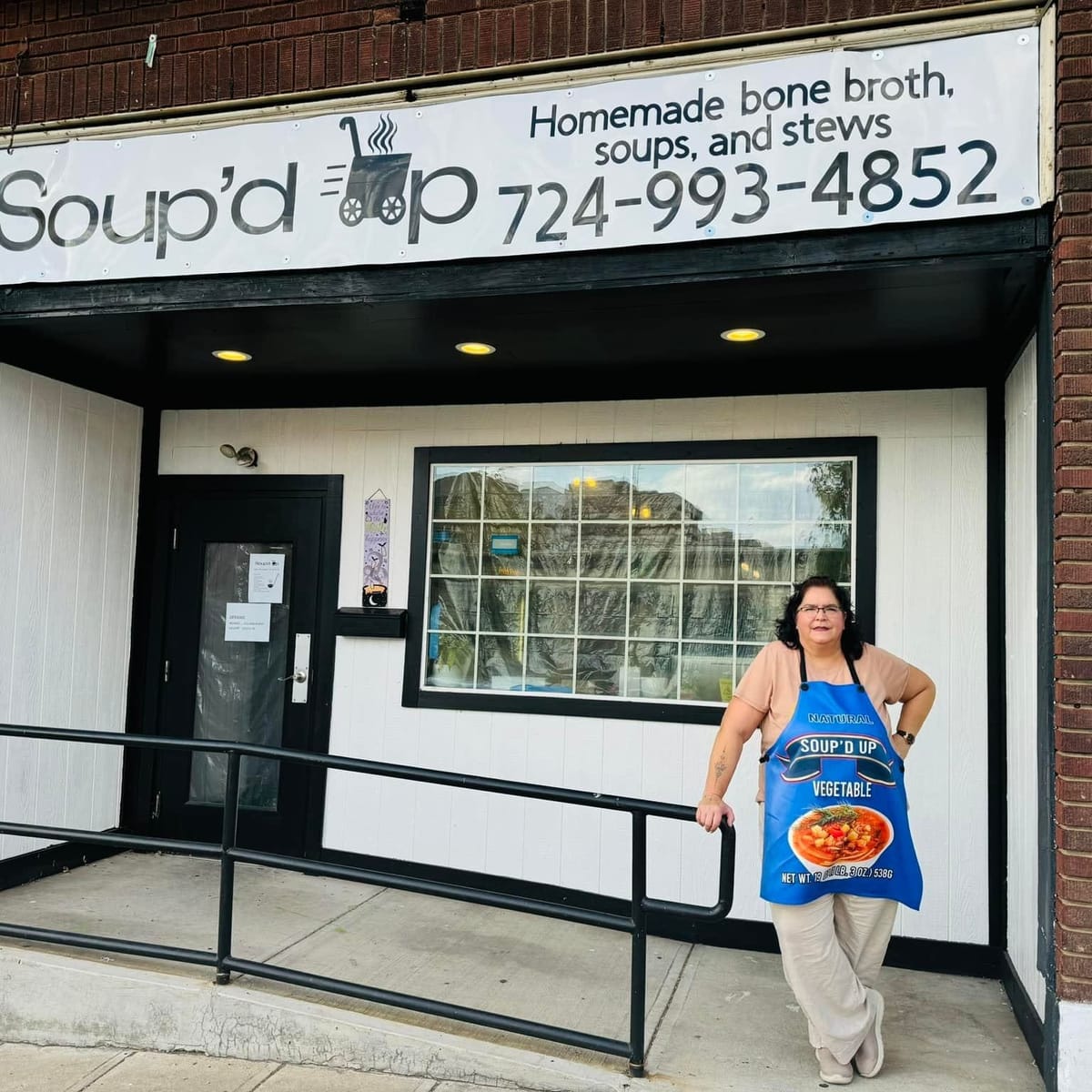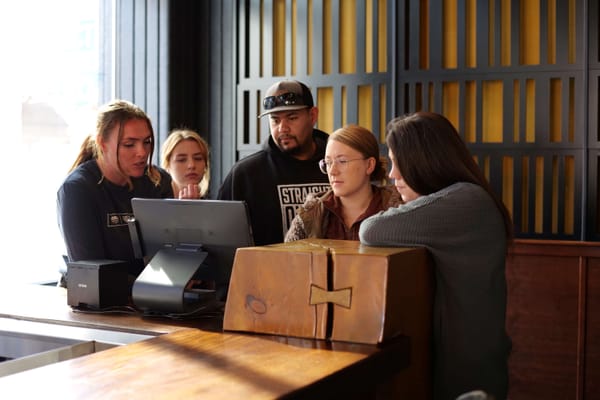Restaurants weren’t always about exclusive reservations and expertly fused small plates. The origin of the English word “restaurant” comes from the French verb restaurer, which means “to restore oneself.” Renee Gordon is no historian. But as a chef with 40 years of professional kitchen experience, she’s well-versed in the history of restaurants and the role they’ve played in the community over time.
“Back in the day, you were served a restorative—a soup made from barley and onion with beer or whatever herbs you had at the time,” says Gordon. “This restorative became the modern restaurant. But over time, we’ve veered away from actually restoring each other.”
Gordon had done catering and hotel restaurants, serving guests of all different stripes. For the last 12 years, she worked in hospitals serving the senior community in particular. She saw the flaws in our food system, but also the potential for restaurants to return to their community-oriented roots.

Gordon felt a calling to put the “restorative” back in “restaurant.” She didn’t overthink it. She started Soup’d Up, a catchy name for a no-fuss, homemade soup shop that offers 12-13 from-scratch bone broth soups per day.
Occupying only 900 square feet, with a chef’s table for on-premise dining, Soup’d Up is not like other restaurants. 37% of their clientele are elderly, and Gordon regularly partners with non-profits like Meals on Wheels, where she donates 300 cups of soup per week. To achieve such prolific community giving, Gordon’s costs must be dialed in. Thanks to accessible reporting from Soup’d Up’s quick service restaurant POS, Gordon knows what’s popular and lets those numbers steer her daily menu. Moving more product means more sales, and by optimizing her menu Gordon has increased daily sales by up to 35%.
The bottom line benefits are one thing, but as a one-woman-operation (alongside her daughter running front-of-house), the peace of mind is what’s invaluable.“When you’re a chef-owner, you don't have time to manage the front-of-house,” says Gordon. “SpotOn is like another employee that gives you a work-life balance. But you don’t have to feed them.”
The ability to quickly update menu items and take lightning-fast payments has improved the customer experience and helped Gordon’s daughter, Nicole, focus on the customer experience in the front-of-house. Plus, with integrated online ordering and built-in marketing automation tools, Gordon’s saving over 2 hours a week and increasing daily sales by up to 25%.
With soup season in full swing and a newfound ability to manage her operation with ease, Gordon is looking toward the future. Soup’d Up is just the start. She hopes to open a second, full-service location with seating, offering her guests so much more than healthful soups: a welcoming place for the community to come together and leave feeling restored in more ways than one.














